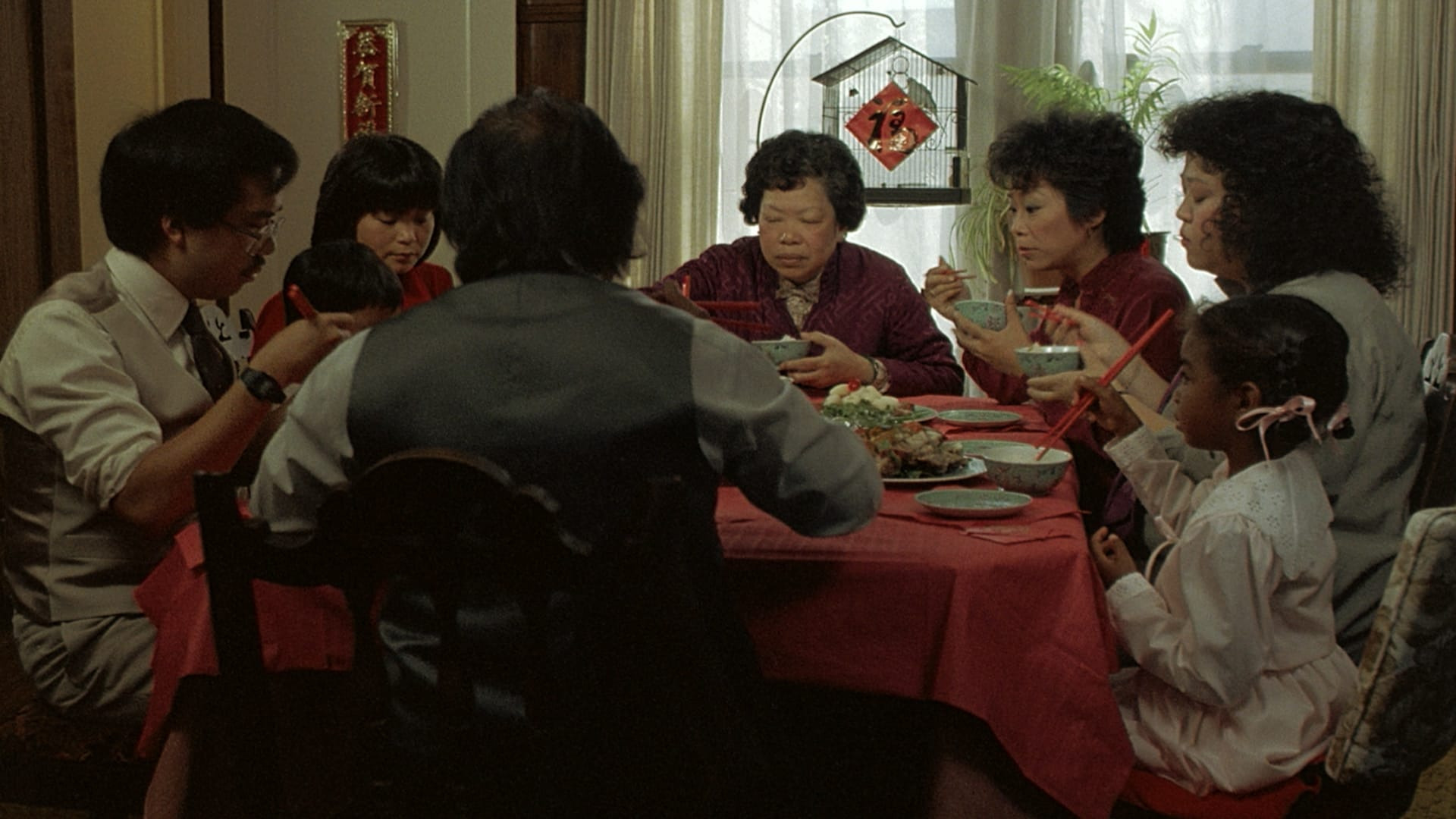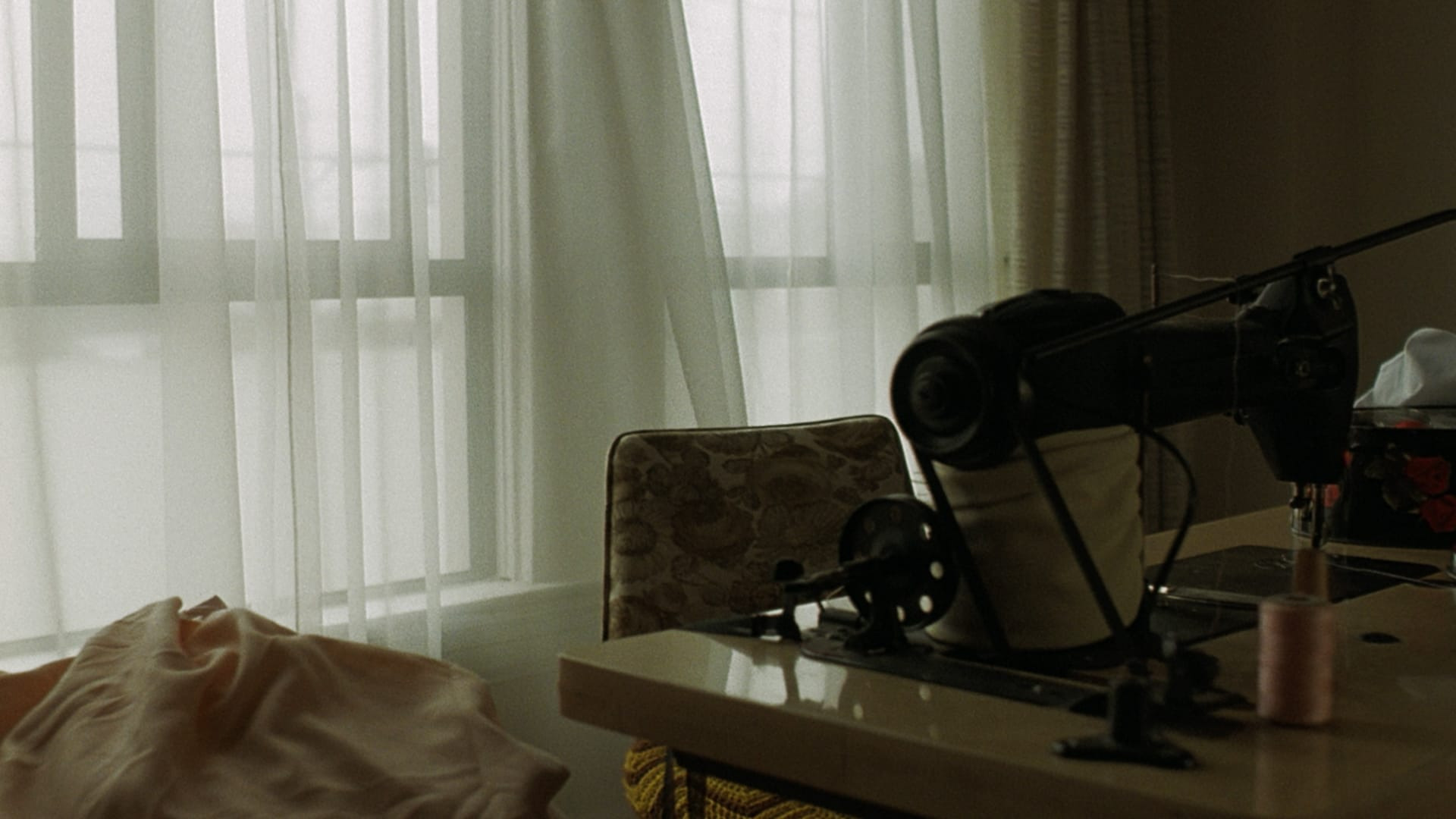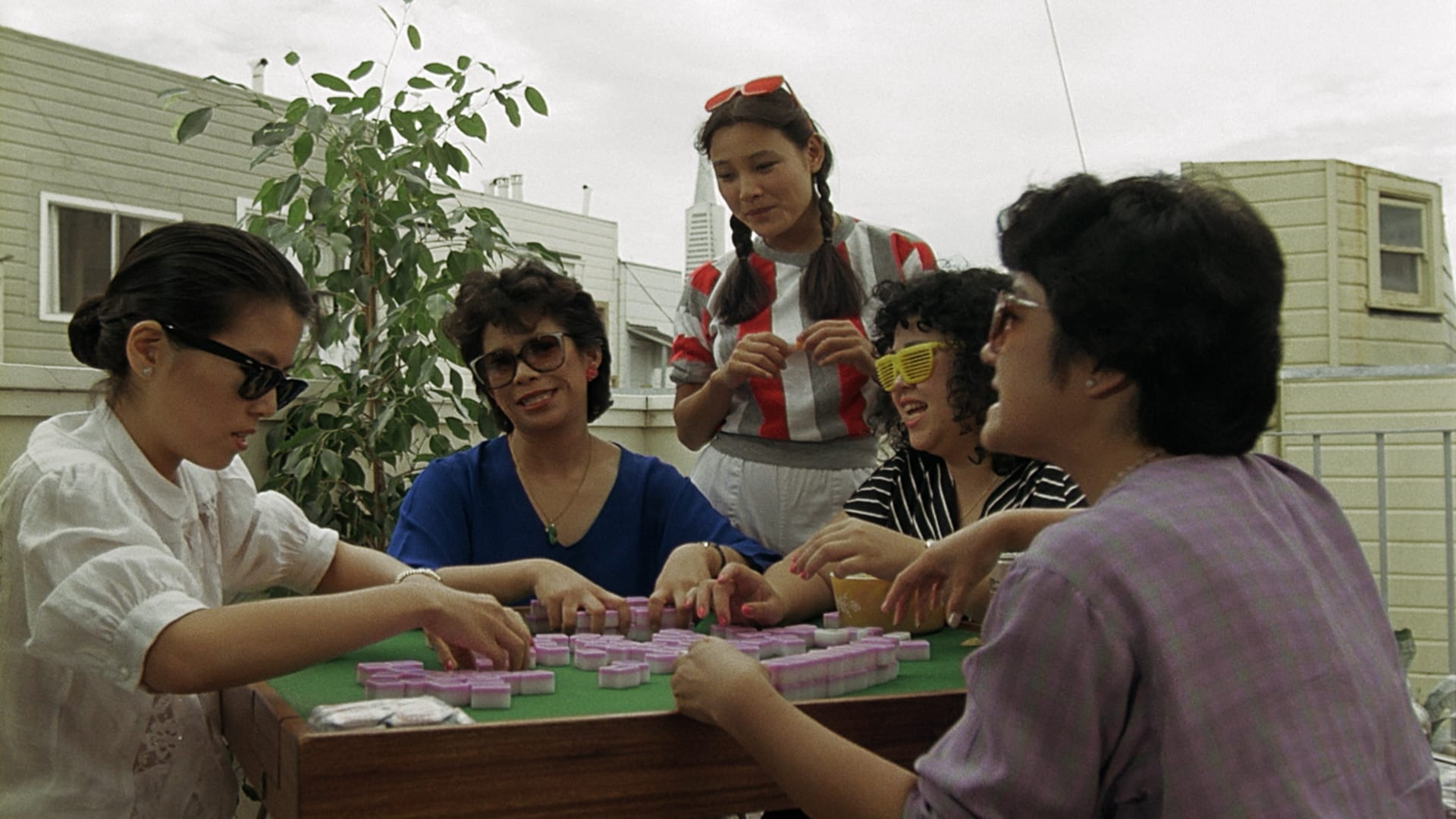RELATED ARTICLE
Chan Is Missing: Lost (and Not Found) in Chinatown
By Oliver Wang
The Criterion Collection

Wayne Wang is perhaps best known as a cinematic chameleon. Working both inside and outside of the Hollywood ecosystem, he has consistently demonstrated a restless curiosity about a wide range of cultures and filmic traditions. In addition to directing two of the landmark movies of the 1980s and ’90s—his solo debut film, Chan Is Missing (1982), helped usher in the eighties independent-cinema movement and was the first Asian American film to receive mainstream attention, and the hit The Joy Luck Club (1993) was the first Hollywood film directed by and starring Asian Americans—he has taken on projects that vary significantly in size and style. From the explicit Las Vegas drama The Center of the World (2001) to the girl-and-her-dog family film Because of Winn-Dixie (2005), from the loose Brooklyn smoke-shop comedy Smoke (1995) to the nineteenth-century Chinese epic Snow Flower and the Secret Fan (2011), Wang has created a headache for auteurist critics in search of a clear authorial signature. Many of these critics have further struggled to fathom a Hong Kong immigrant making a Natalie Portman (1999’s Anywhere but Here), Jennifer Lopez (2002’s Maid in Manhattan), or Queen Latifah (2006’s Last Holiday) comedy.
It is perhaps not surprising, then, that one of the most beguiling pockets of Wang’s eclectic filmography is also one of the most overlooked. Over the course of his career, Wang has often returned to a mode that might be seen as his equilibrium point: the quiet domestic melodrama, usually about Asian Americans, usually set in San Francisco. These films feature parents and children at crossroads in their relationships, and have nurturing titles like Dim Sum: A Little Bit of Heart (1985), A Thousand Years of Good Prayers (2007), and Coming Home Again (2019).
Wang’s first bite at this kind of melodrama, Dim Sum, marked a significant departure from the chatty guerrilla noir of Chan Is Missing, which was made with the bravado of a filmmaker who knows he may never make another feature. With Dim Sum, Wang was freed to turn inward, to the feelings that don’t yet have words, to the overlooked sounds of the everyday. The film’s plot—with its origins in real life—is characteristically unassuming. Geraldine (Laureen Chew) is in her thirties, living in a San Francisco home with her widowed mother, Mrs. Tam (Laureen’s actual mom, Kim). A fortune teller once told Mrs. Tam that she would die at sixty-two, so when that year arrives, Mrs. Tam is anxious for her daughter to get married and start a family of her own. Geraldine, though, is torn. While she can envision a life with a husband and kids, she can’t imagine leaving her mother’s side. In any case, her current romantic prospect—Richard (John Nishio), merely acceptable—doesn’t have her rushing to the altar. As in many Chinese families, here mother and daughter dance around the topic, with input from Mrs. Tam’s trusty brother-in-law, Uncle Tam (Victor Wong). Circuitously, the three seek to find a domestic resolution that honors both family bonds and Geraldine’s path as an independent (and often strong-willed) young woman. The mother-daughter relationship anticipates those in The Joy Luck Club, but through a far more relaxed brand of domestic melodrama.


